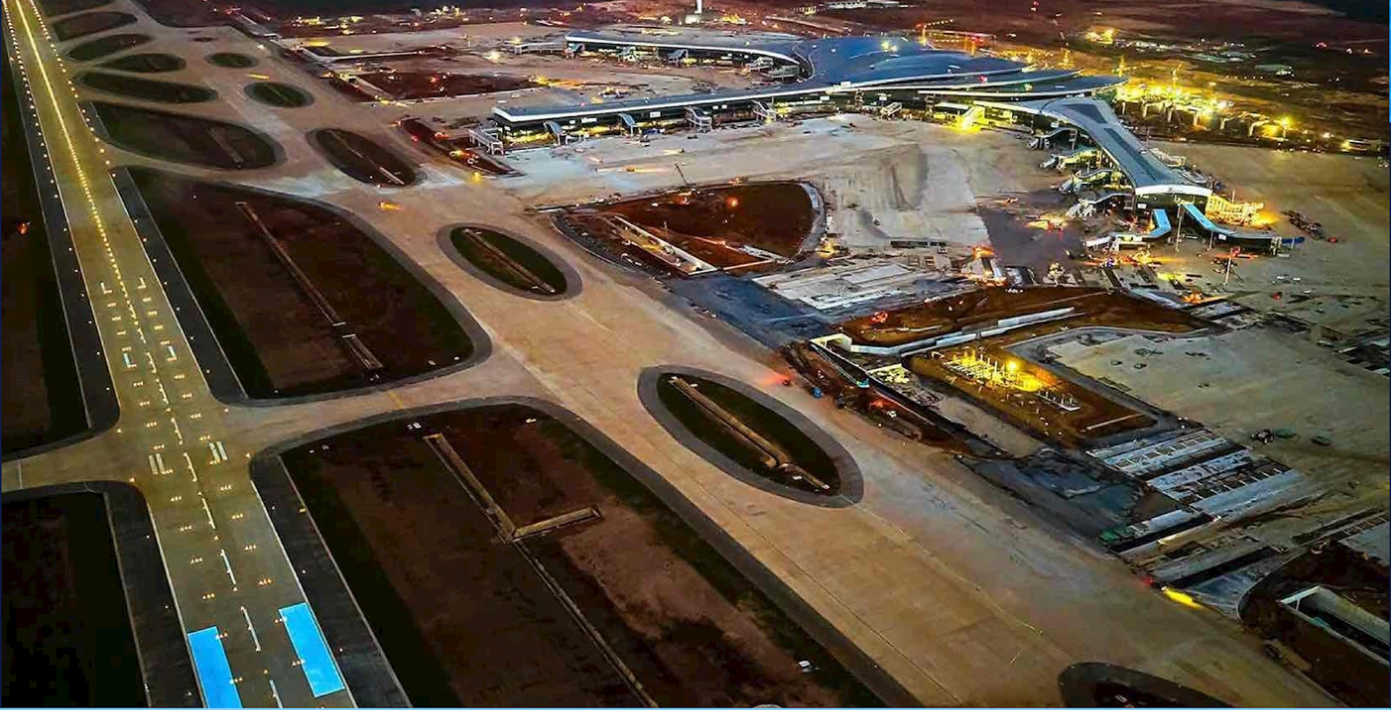Vietnam in ASEAN’s Cargo Hub Race: Long Thanh, Cross-border E-commerce, and the Credibility of Origin
Air cargo is heating up again in a very concrete way: speed is no longer just a company advantage—it is increasingly a national advantage. IATA recorded strong global air cargo growth and a record year in 2024, and in 2025 several months continued to set new highs in demand measured by CTK, suggesting this is not a short-lived surge.
.jpg)
 By sharing practical knowledge with attractive topics in the Logistics industry, Glotrans speakers brought an open atmosphere, attracting the attention of students. Hopefully, the students have gained more practical insights and valuable background knowledge for their chosen field of interest.
By sharing practical knowledge with attractive topics in the Logistics industry, Glotrans speakers brought an open atmosphere, attracting the attention of students. Hopefully, the students have gained more practical insights and valuable background knowledge for their chosen field of interest.









